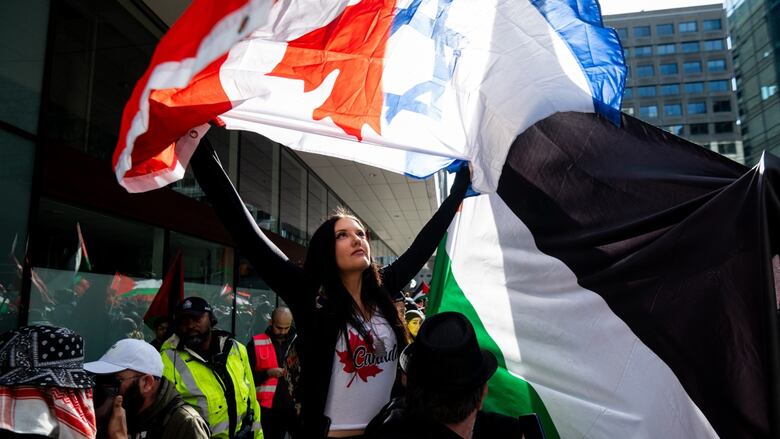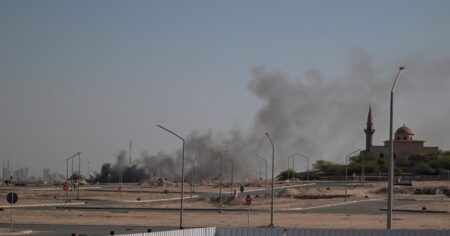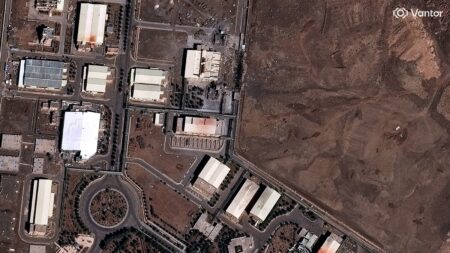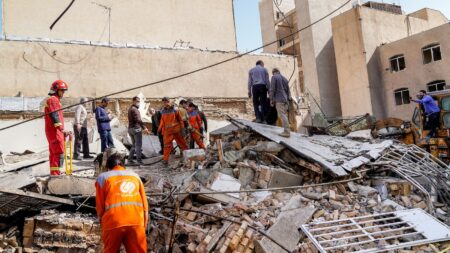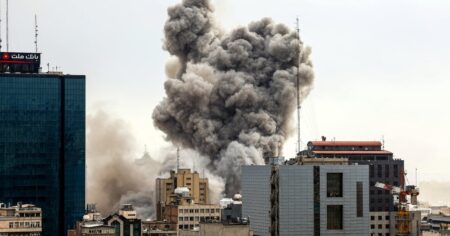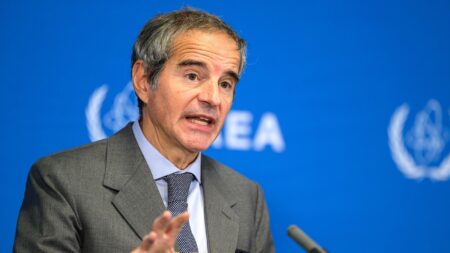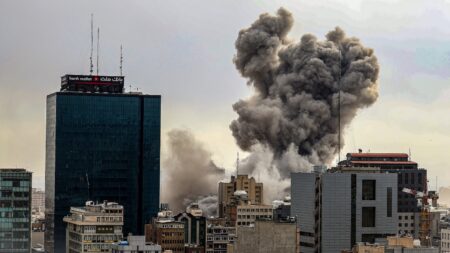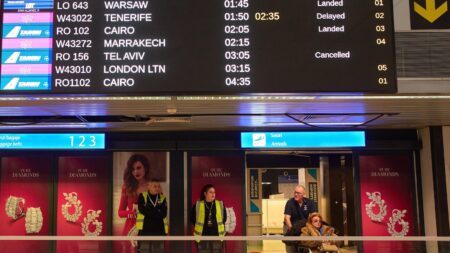Since 2015, Canada’s relationship with Israel has changed significantly. Under Prime Minister Stephen Harper, Canada was one of Israel’s strongest supporters at the United Nations. Harper aligned Canada with the United States and a small group of pro-Israel countries, often opposing motions that criticized Israel or supported Palestinians. Harper developed a close friendship with Israeli Prime Minister Benjamin Netanyahu.
When Justin Trudeau became Prime Minister, he maintained a supportive stance toward Israel. Trudeau visited Israel and continued to vote against UN resolutions that applied the Fourth Geneva Convention to occupied territories. Canada stood with Israel and a few other countries in opposing a 2016 UN resolution protecting Palestinians in occupied areas.
Canada’s position began to shift after 2019. Following violent attacks by Jewish settlers in the West Bank and Netanyahu’s new government, Canada voted for a UN motion supporting Palestinian self-determination. This marked a break from Canada’s previous near-unanimous support for Israel at the UN.
The 2022 Israeli election brought more extreme right-wing parties into Netanyahu’s coalition. This government saw an increase in settler violence in the West Bank, straining Israel’s relationships with allies, including Canada. The coalition included figures who opposed ceasefire efforts in Gaza.
The current war started in October 2023 when Hamas launched a deadly attack on Israel. Canada, along with other Western allies, strongly condemned the attack. However, as the war continued, Israeli military actions in Gaza, including the destruction of hospitals and killing of aid workers, caused discomfort among Canada and other allies.
Canada faced challenges balancing its support for Israel with concerns about civilian casualties and violations of international law. The Trudeau government temporarily cut funding to the UN agency supporting Palestinian refugees amid accusations of staff involvement with Hamas, but later restored funding after lack of evidence.
Growing violence from settlers and delays in imposing sanctions signaled Canada’s hesitation. Public opinion shifted, especially among younger Canadians, leading Trudeau and other leaders in 2024 to call for a ceasefire.
Incidents involving attacks on medical workers and humanitarian convoys further damaged Israel’s image in Canada. Investigations showed that Israeli forces were responsible for several deadly attacks on aid workers in Gaza.
The use of food and aid restrictions as weapons in the conflict led Canada, Britain, and France to issue a strong joint statement demanding an end to Israel’s military offensive and the lifting of aid blockades. This marked a significant change in Canada’s tone toward Israel and reflected growing frustration over the humanitarian crisis.





